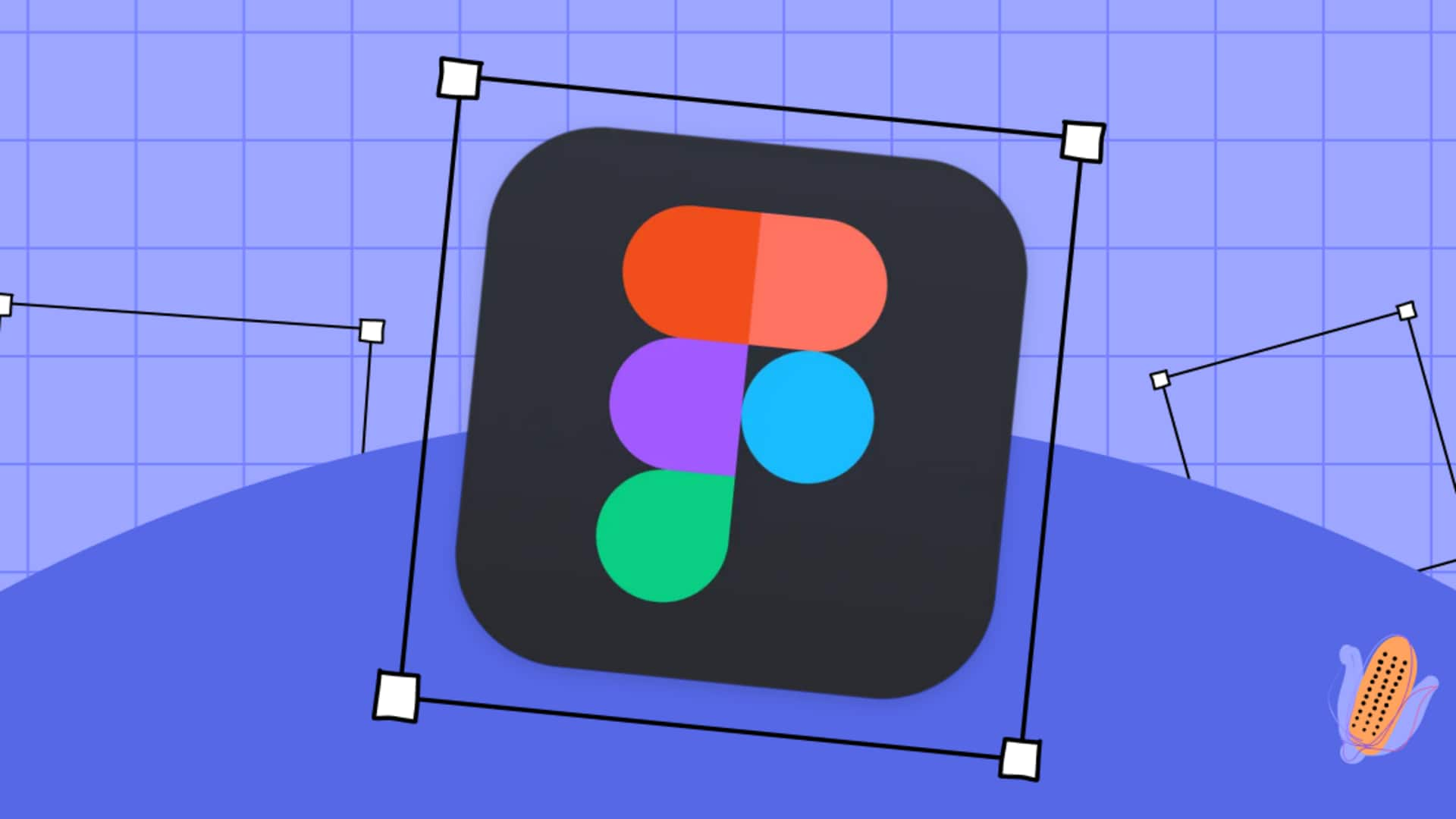
Figma explains why its AI generated designs similar to Apple's
What's the story
Figma, a design software company, recently withdrew its "Make Designs" generative AI tool after it was discovered to generate designs strikingly similar to Apple's weather app. The issue surfaced when a user asked the AI tool to design a weather app and received an output that closely resembled Apple's own application. This led to speculation that Figma might have used Apple's designs to train its tool. The company has now responded to user concerns about potential legal implications.
Clarification
CEO refutes claims of duplicacy
In response to the controversy, Figma CEO Dylan Field stated that the company did not use Figma content or other app designs to train its AI tool. This statement was further expanded upon in a blog post by Noah Levin, Figma's VP of Product Design. Levin mentioned that they had "carefully reviewed" Make Designs's underlying design systems during development and as part of a private beta.
Admission
Figma acknowledges unvetted additions prior to launch
Levin conceded that in the week leading up to Config, an event where Make Designs was launched in limited beta, new components and example screens were added without thorough scrutiny. Levin explained that "a few of those assets were similar to aspects of real world applications, and appeared in the output of the feature with certain prompts."
Response
Plans to improve QA process
Upon identifying the issue with the design systems, Figma says it took immediate action. Levin stated, "we removed the assets that were the source of the similarities from the design system and disabled the feature." The company is now working on "an improved quality assurance (QA) process" before reintroducing Make Designs, although no specific timeline for this has been provided.
More
Blaming a 'bespoke design system'
In a interview with The Verge earlier this month, Figma's CTO Kris Rasmussen confirmed that the company did not train the AI models powering Make Designs. These include OpenAI's GPT-4o and Amazon's Titan Image Generator G1. The features are "powered by off-the-shelf models and a bespoke design system that we commissioned, which appears to be the underlying issue," he said.